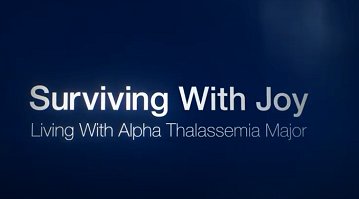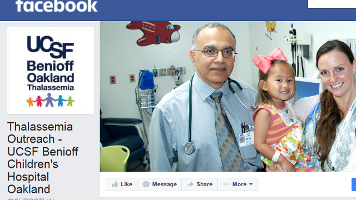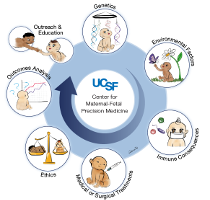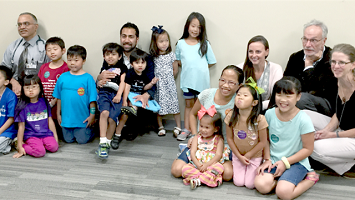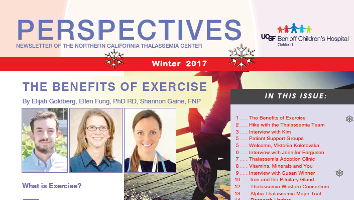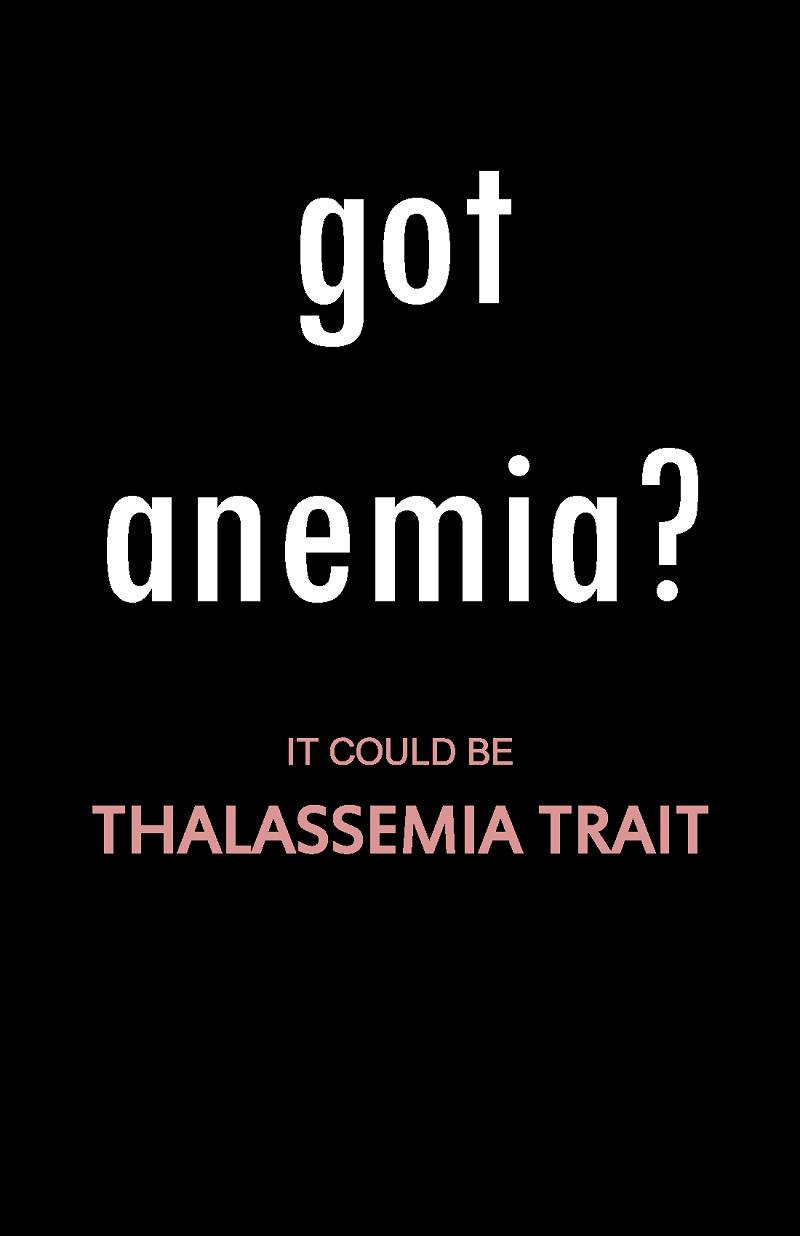Hemoglobin E Trait
All newborns in the state of California are tested for specific diseases, which are amenable to early detection and treatment. Other benign conditions are sometimes identified through this newborn screening program. HemoglobinE trait is one such condition. Hemoglobin E trait does not pose health concern, although individuals with this trait may have smaller than normal red blood cells. A newborn screening result that shows a hemoglobin pattern FAE suggests hemoglobin E trait. Follow-up testing at approximately 6 months of age can confirm this result in a newborn. A consultation with a hematologist is recommended only if a baby has signs or symptoms of anemia, or if there is a known history of a blood disorder in the family.
The implications for future children or other family members are important to understand for an individual with hemoglobin E trait. All types of hemoglobin traits are inherited, meaning they are passed on from parent to child. Beta thalassemia trait is another type of benign hemoglobin trait, which may also cause smaller than normal red blood cells. If one member of a couple has hemoglobin E trait, and the other has beta thalassemia trait, there is a 25% chance with each pregnancy that their child will co-inherit both traits. This leads to a disease called hemoglobin E/beta thalassemia in that child. These individuals make little or no normal adult hemoglobin and may need blood transfusions. Sickle cell trait (hemoglobin S trait) is a second benign hemoglobin trait, which can cause disease if co-inherited with hemoglobin E trait. Hemoglobin SE disease is a form of sickle cell disease, which tends to be mild in childhood. However, adults with hemoglobin SE disease may experience complications including painful episodes, dysfunction of the spleen, and anemia. Like hemoglobin E trait, beta thalassemia trait and sickle cell trait can be identified by a blood test. Therefore, individuals with hemoglobin E trait should consider having their partners tested to find out if they have a chance of having a child with hemoglobin E/ beta thalassemia or hemoglobin SE disease. A genetic counselor can provide information about testing options in pregnancy for such couples.
Once a couple learns that their baby has hemoglobin E trait, what’s next? First of all, parents should be reassured that this condition will not cause health problems for their baby. Testing can be repeated at ~6 months of age to confirm that the baby has hemoglobin E trait. It is important for parents to share this information with their child when he or she is old enough to understand that having hemoglobin E trait has reproductive implications. As an adult, the person with hemoglobin E trait should consider having his or her partner tested for hemoglobin traits. Additionally, parents of a child with hemoglobin E trait should consider being tested for hemoglobin traits. Because it is inherited, one parent must also have hemoglobin E trait. Testing will identify if the other parent has beta thalassemia trait and there is a risk for hemoglobin E/ beta thalassemia disease in future children. It is also important to share information about hemoglobin E trait with other blood relatives, who may have a chance of having inherited hemoglobin E trait.
The following tests can be performed on one blood sample and will identify hemoglobin E trait, beta thalassemia trait, and sickle cell trait:
- Hemoglobin electrophoresis
- Complete blood count (can substitute hemogram)
- Quantitative hemoglobin A2
- FEP (can substitute ferritin)
- Quantitative hemoglobin F
Occasionally, special DNA (gene) testing may be recommended if an individual’s blood test results suggest beta thalassemia trait. A physician or genetic counselor can provide additional information about such testing.
Please contact the Children’s Hospital Oakland Comprehensive Thalassemia Center at (510) 428-3372 for additional information.
Compiled by Jennifer Bojanowski, MS

